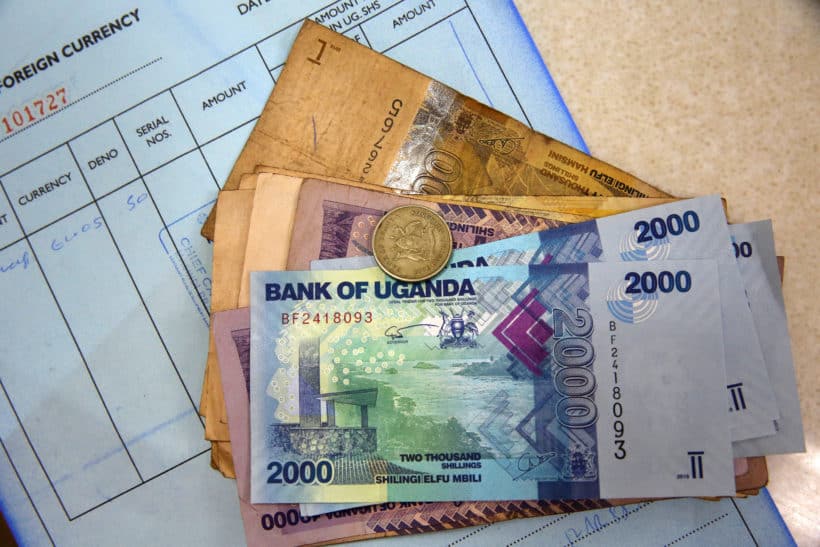
KAMPALA, Aug 7 (Reuters) – Uganda’s central bank reduced its key lending rate by 25 basis points to 10.00% on Wednesday, saying a recovery in the shilling currency had led to an improvement in the inflation outlook.
The shilling hit a record low in late February, but has risen by more than 6% against the U.S. dollar since then, meaning there is less risk that a recent rise in inflation will prove to be persistent.
Inflation rose to 4.0% year-on-year in July, still below the central bank’s 5% medium-term target but up from 2.8% in January.
“The MPC (Monetary Policy Committee) noted that … the adverse impact of the past external shocks has abated and there has been some progress in moderating risks of inflation persistence,” Central Bank Deputy Governor Michael Atingi-Ego told a news conference.
“The inflation projection has been revised slightly downwards relative to the June 2024 forecast … largely due to a lesser depreciated shilling exchange rate.”
Atingi-Ego attributed the recent uptick in inflation to sectors such as passenger transport, accommodation, sports and recreation.
He said the Bank of Uganda expected inflation to continue rising moderately in the next four months due to seasonal factors, but to stabilise around the target of 5% by the first quarter of 2025.
At the bank’s last monetary policy meeting in June it expected inflation to only stabilise around 5% in the second half of next year.
Atingi-Ego noted there had been a pickup in Uganda’s economic growth, which averaged 6.7% in annual terms in the last two quarters of fiscal year 2023/24 compared with 5.3% growth in the previous two quarters.
The bank’s growth forecast for the 2024/25 fiscal year that started in July remains unchanged, at between 6.0% and 6.5%.
“It was appropriate to reduce slightly the degree of monetary policy restrictiveness,” Atingi-Ego said.
(Writing by Bhargav Acharya; Editing by Aexander Winning and David Holmes)

